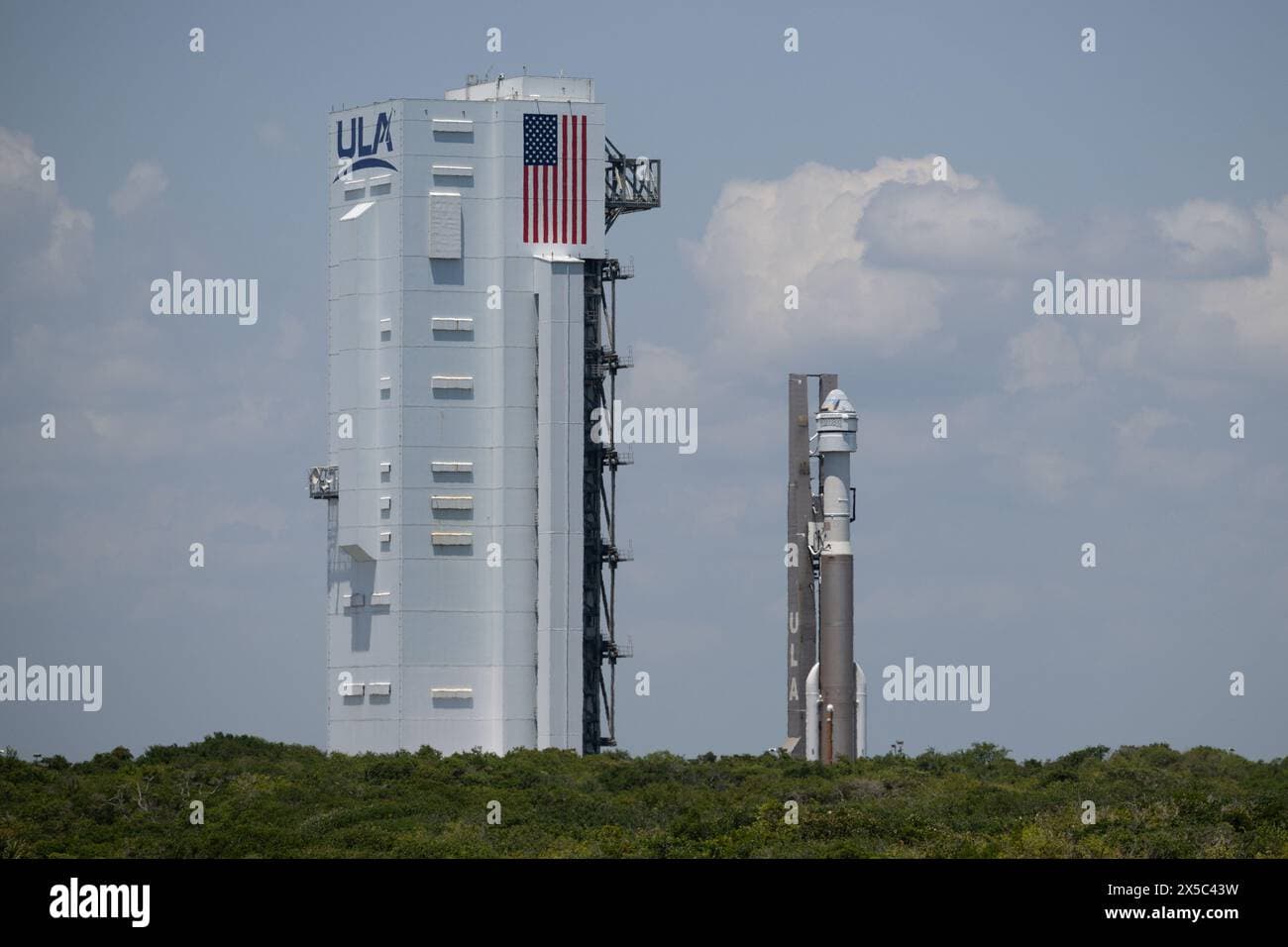AI Firms Warn of Valuation Bubble, Still See Strong Enterprise Demand
The chiefs of DeepL and Picsart told CNBC they are uneasy about soaring AI valuations, even as they emphasize the technology's long term potential for business efficiency. Investors are watching for signs of a correction, while heavy spending on data centers and steady enterprise interest suggest the AI buildout may continue.
Listen to Article
Click play to generate audio

Executives at leading AI companies acknowledged a growing unease about sky high valuations while arguing that fundamental demand for AI services is likely to remain strong into 2026. The comments, made during interviews with CNBC, come as investors and analysts debate whether current market prices reflect durable business value or optimistic sentiment sometimes called vibe revenue.
The CEOs of DeepL and Picsart told CNBC they were concerned about inflated valuations but stressed the longer term promise of artificial intelligence to transform business operations. Investors are hunting for concrete indicators that could distinguish transient hype from sustainable growth, particularly looking at enterprise spending plans for next year and beyond.
"I think there's a lot of demand, and there's a lot of interest. I think everybody understands that AI can do magical things to businesses, and... we can all operate on another level when it comes to efficiency," Kutylowski said, summarizing a common industry view that practical returns on investment will drive adoption even if current paper valuations look stretched.
Those practical returns are central to the argument made by many tech executives. Firms selling AI tools point to productivity gains, automation of routine tasks, and faster decision making as tangible outcomes that corporate finance teams can quantify. But investors counter that many startups and public companies are still pricing future promise rather than present revenue, creating greater sensitivity to any slowdown in enterprise spending.
The tension is underscored by a parallel surge in infrastructure commitments. A report published this week by venture capital group Accel forecasts a buildout of 117 gigawatts of new AI data center capacity by 2030. That expansion is translated into roughly four trillion dollars of capital expenditure over the next five years, a scale that suggests deep investor and customer conviction in continued demand.
The magnitude of that investment carries its own risks. Massive capital outlays raise the stakes for developers and operators of AI systems, and they amplify the impact of cyclical pressures. If enterprise budgets tighten or if revenue growth falls short of expectations, companies that have expanded capacity and spending aggressively may face sharper corrections.
Analysts say the coming months will be telling. Market watchers will examine quarterly results for enterprise software vendors and cloud providers for signs of robust contract rollouts and ongoing customer migrations to AI enabled services. They will also scrutinize cash flow and profit margins to see whether sales growth is translating into sustainable economics or merely covering heavy capital spending.
For now, industry leaders are balancing caution with confidence. They warn of potentially overstretched market prices, while pointing to persistent corporate interest as a foundation for longer term adoption. The Colorado between hype and hard numbers will determine whether this phase becomes a durable transformation or a painful recalibration for investors and companies alike.


